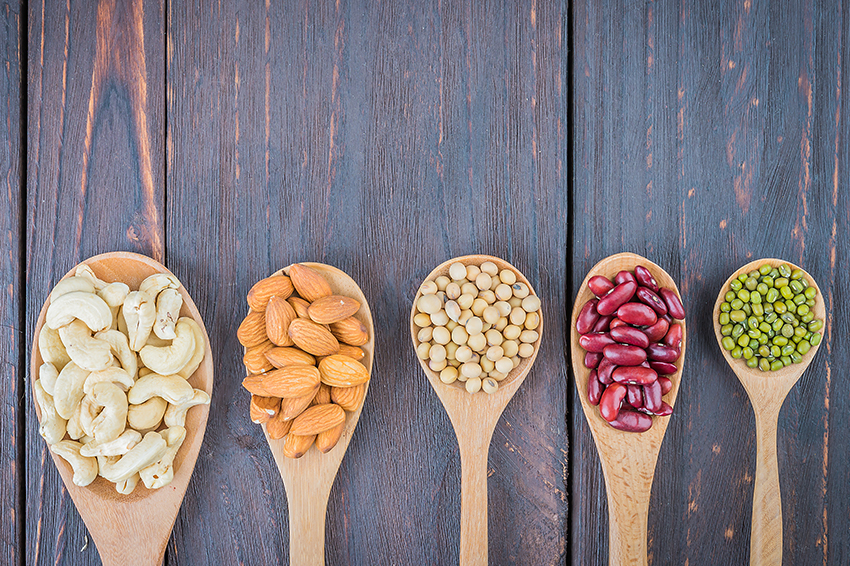Known as the “energy mineral” (and rightly so), magnesium is essential for your health and proper body function. If you eat an unbalanced diet, you might not be getting enough magnesium. To avoid a deficiency, the FizzUp trainer recommends learning more about where you can get magnesium.

Working closely with other nutrients such as sodium, potassium and calcium, magnesium is a component that the human body can’t function normally without. It’s in your bones, teeth, tissue and muscles in addition to some of your organs, like the liver.
It’s important for healthy heart function by keeping your heart beating at a normal rate and maintaining your blood pressure. It especially helps prevent cardiovascular diseases and diabetes.
It also contributes to neurotransmission and regulates blood sugar levels. That’s why it’s actually considered as a fuel that not only enables cells to contract, produce natural defenses, transmit messages, but also repair any damage caused by weather or pollution.

The recommended intake of magnesium is 360mg per day for women and 420mg per day for men. However, according to the most recent studies, the average intake is 224mg per day. In fact, this mineral is needed for more than 300 biochemical reactions in your body. As soon as this balance is thrown off, your body feels it. There are some warning signs you should pay attention to find out if you suffer from a magnesium deficiency.
Good to know: Some factors besides your diet such as age, dysfunctional kidneys, diabetes and some drug treatments can lead to a magnesium deficiency.

As you know, this mineral is vital for your wellness. With the FizzUp Nutrition Guide, you can get your fill of magnesium with 150 recipes and tips. Here’s a list of some foods you should keep in mind if you want to enjoy the benefits of magnesium. When you regularly incorporate them into your eating habits, you’ll be sure to get in better health.
Thanks to the FizzUp trainer, now you know all the alternatives you can choose from to replenish your magnesium levels. Add a few of these foods to your everyday meals and you’re good to go!
Join the 7 million users already registered on FizzUp
Join us